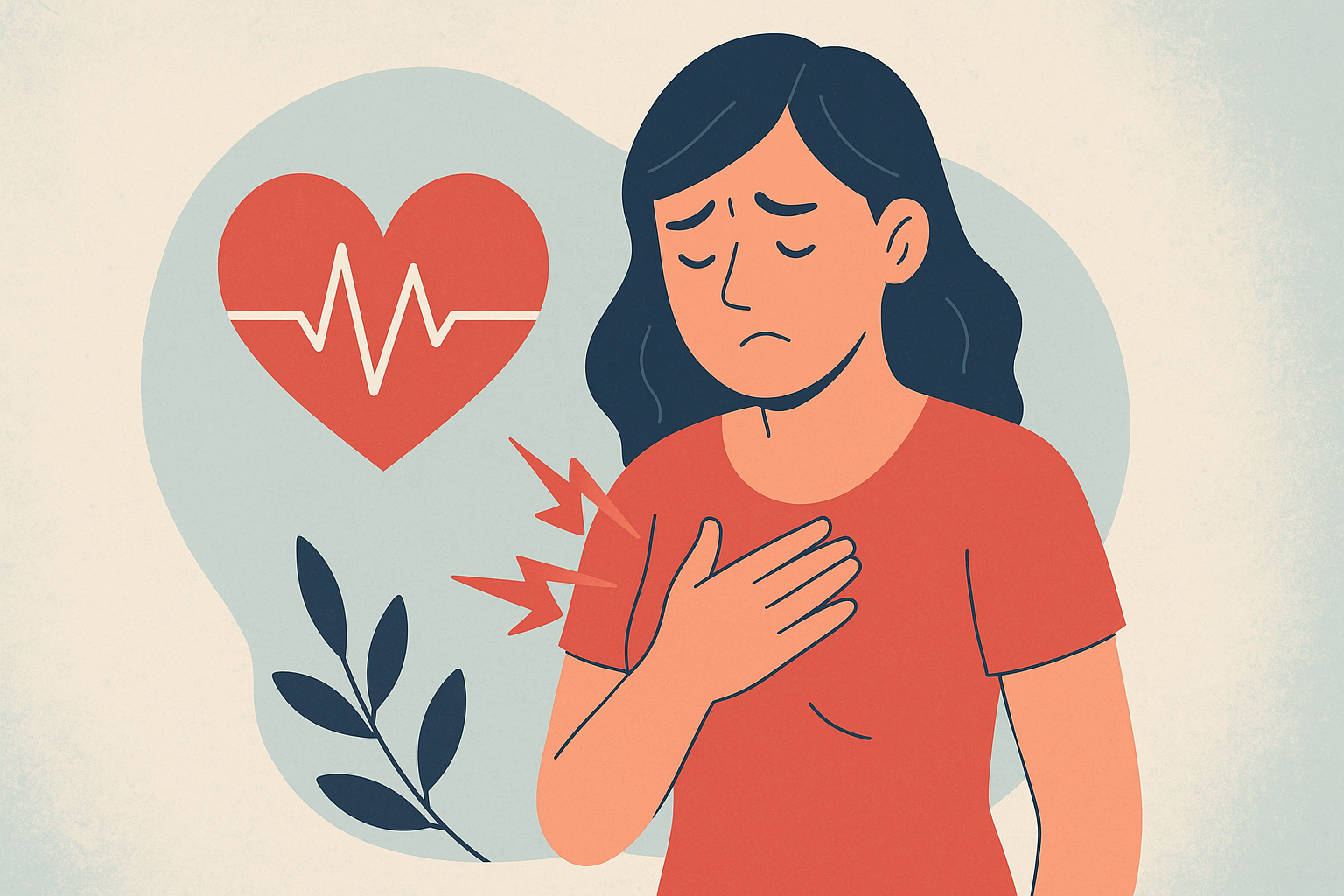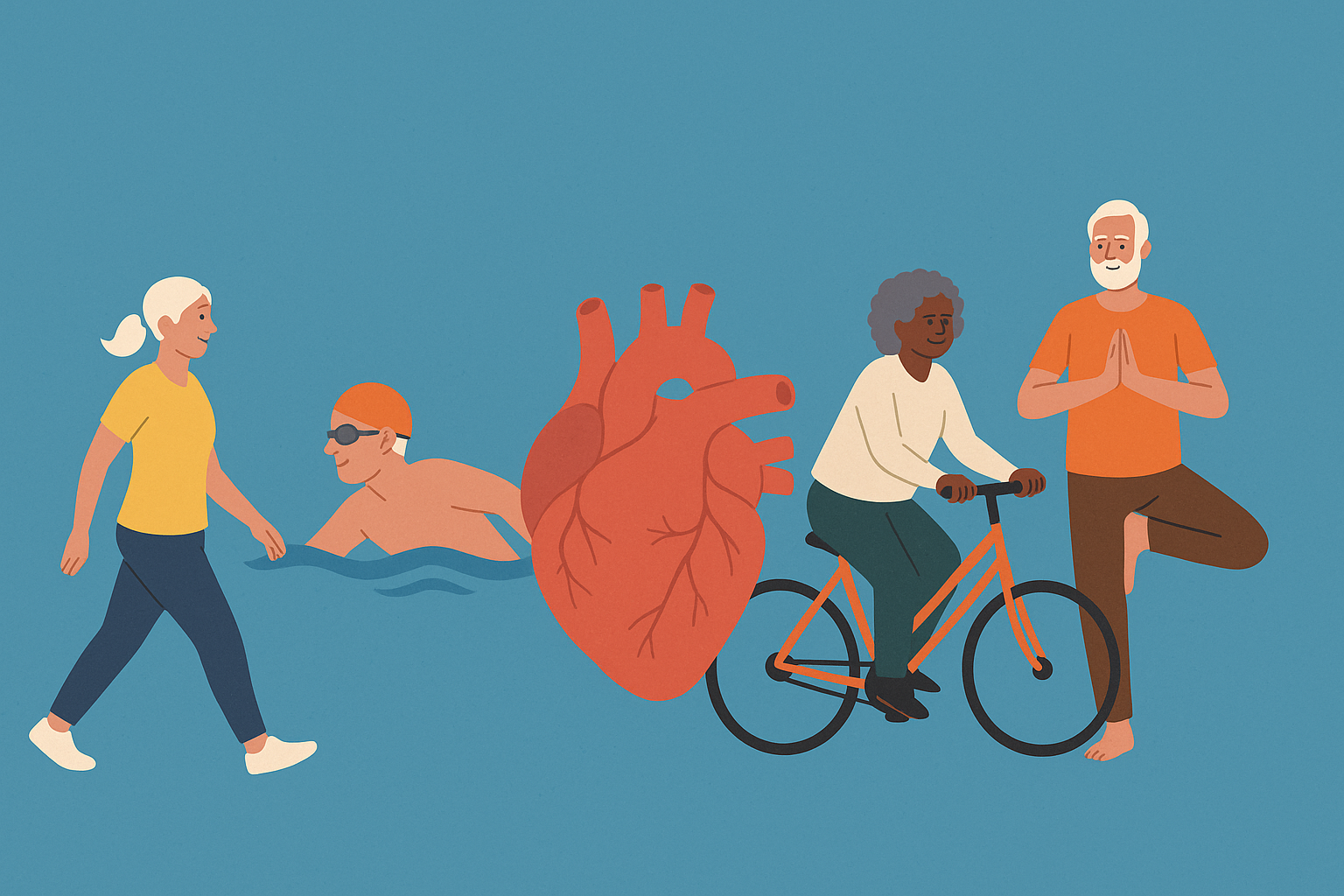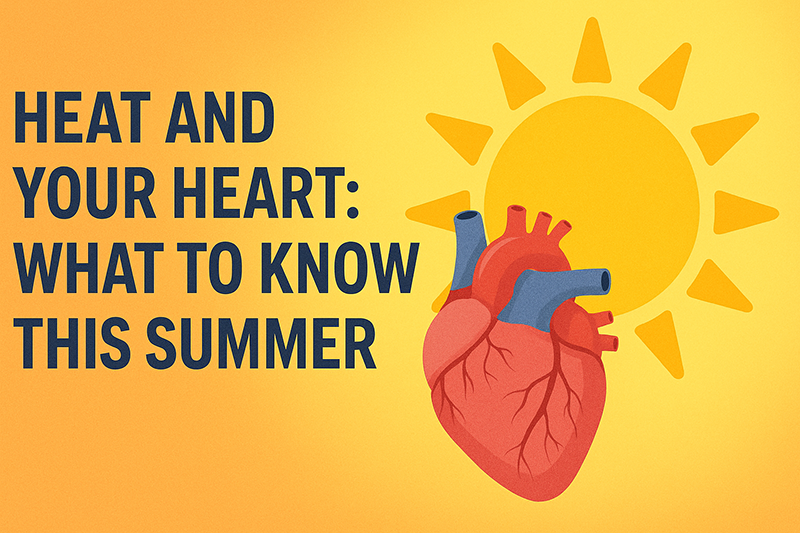Many people experience heart palpitations at some point in their lives, and they’re usually fleeting and short, without causing any long-term effects. Some, though, experience heart palpitations as a result of a cardiac condition. If your heart has been racing when you’re sitting, lying down, or sleeping, it might be time to get in touch with a trusted cardiologist.
Rishin Shah, MD of Prime Heart and Vascular in Allen, Frisco, and Plano, Texas, has years of experience caring for patients living with heart conditions and high heart rates. Heart issues may or may not be the cause of your own elevated heart rate, but if you experience this more than once in a while, it’s time to call Dr. Shah.
Why is my heart racing?
A racing heart at night is nothing new to cardiovascular specialists like Dr. Shah. In fact there is a name for it: tachycardia, which is defined as a heart rate of over 100 beats per minute, which can, in turn, cause symptoms, including:
- Rapid pulse
- Shortness of breath
- Chest pain
- Dizziness or lightheadedness
These symptoms may have varying degrees of severity or frequency, but if these symptoms are occurring several times per week, it’s possible that your racing heart is a sign of a more serious condition, like a cardiac arrhythmia.
Without the dubious benefit of a chronic condition, there are other causes for a racing heart. Strenuous exercise and stress can affect your heart rate, as can consuming caffeinated beverages or using certain medications. The use of drugs and alcohol can also contribute to a racing heart.
What are the risk factors?
Like most health conditions, your likelihood of experiencing a rapid heart rate is higher if you have a family history of heart palpitations and heart disease. Other risk factors include:
- Age
- Thyroid disease
- Smoking
- Drinking alcohol
- Use of recreational drugs
- Stress, anxiety, and other mental health disorders
- Pregnancy
- Left side sleeping
People who have already been diagnosed with an arrhythmia are at elevated risk of experiencing heart palpitations at any time of the day.
What can I do about my heart racing at night?
If you’ve noticed that your heart is frequently racing at night, you might have an issue that’s more concerning than just a quick heartbeat. Calling for a consultation is a first step to understanding everything that could be affecting you, and understanding if you’re at risk for other chronic conditions.
We’re awaiting your call at 972-295-7017, or you can book an appointment with us online.




